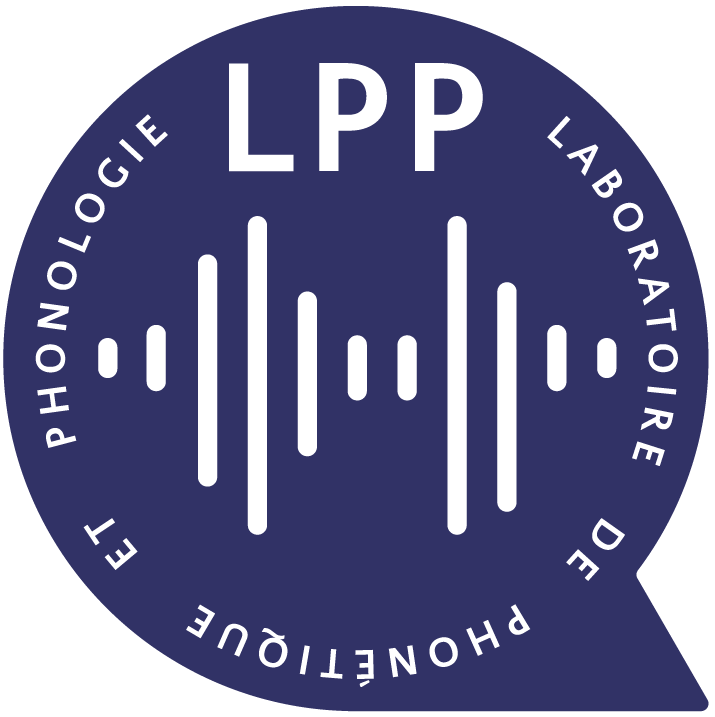Dans le cadre des séminaires de Professeurs Invités organisées par le LabEx Empirical Foundations of Linguistics, nous avons le plaisir de recevoir le Professeur Abigail C. Cohn pour un cycle de quatre conférences.
Abigail C. Cohn, professor of Linguistics at Cornell University, Ithaca NY (USA)
Where Empiricism and Theory Meet : Experimental Phonology
Lieu : Institut de Linguistique et Phonétique Générales et Appliquées (ILPGA, 19 rue des Bernardins, 75005 Paris, M°Maubert-Mutualité) – Salle Brunot (RDC)
Lecture 1 : Vendredi 20/05 – 14h-16h : Abigail C. Cohn I : Sources of variation in phonology
How do the sources of variation in sound patterns, traditionally compartmentalized into phonology, phonetics, the lexicon, and sociolinguistics, work together in the production, perception, and understanding of speech ? Case study : The status of schwa in Indonesian (Cohn and Kurniawan, to appear).
Optional reading : Cohn, A. C. Fougeron, and M. Huffman (forthcoming) Laboratory Phonology. Anna Bosch and S.J. Hannahs (eds) The Routledge Handbook of Phonological Theory. Available here.
Lecture 2 : Mardi 31/05 – 15h-17h : Abigail C. Cohn II : Historical perspectives and developments in phonology and phonetics
We explore how the intellectual underpinnings of experimental phonetics and generative phonology as practiced in the second half of the 20th Century have shaped our understanding of phonological systems. Case study : The structure and realization of nasal-stop sequences in Austronesian (Cohn & Riehl to appear).
Optional reading : Cohn, A. (2007) Phonetics in phonology and phonology in phonetics. Working Papers of the Cornell Phonetics Laboratory 16 : 1-31. Available here.
Lecture 3 : Vendredi 03/06 – 14h-16h : Abigail C. Cohn III : The relationship between acquisition and the adult grammar
How does an adult system of phonology develop out of the acquisition of sounds from the early stages of babbling to a system of sound-meaning correspondences. What does it mean to know the phonology of a language ? And what is the relationship between the acquisition of L1 and the acquisition or learning of additional languages ? Case study : The acquisition of clusters in English (Cohn 2011).
Optional reading : Cohn, A. (2011) Features, Segments, and the Sources of Phonological Primitives. In G. N. Clements and R. Ridouane (eds) Where Do Features Come From ? Amsterdam : John Benjamins, pp. 15-41. Available here.
Lecture 4 : Lundi 06/06 – 14h-16h : Abigail C. Cohn IV : Toward a model of phonological representation : Phonology and motor theory.
We explore Articulatory phonology, not only as a model of speech motor planning and control, but also as a model of phonological representation and phonological acquisition. The focus of this final session will be looking toward the future to more adequate, truly integrated models. Case study : The structure of liquid rimes in English and the relationship between metalinguistic judgments and motor planning (Cohn and Tilsen 2015).
Optional reading : Cohn, A. and S. Tilsen (2015) Relation between syllable count judgments and durations of English liquid rimes. 18th International Congress of Phonetic Sciences Proceedings. Available here.
_
Voir en ligne : Chaire Internationale EFL 2016 : Le professeur Abigail Cohn de l’université de Cornell (USA) à Paris pour une série de quatre séminaires


